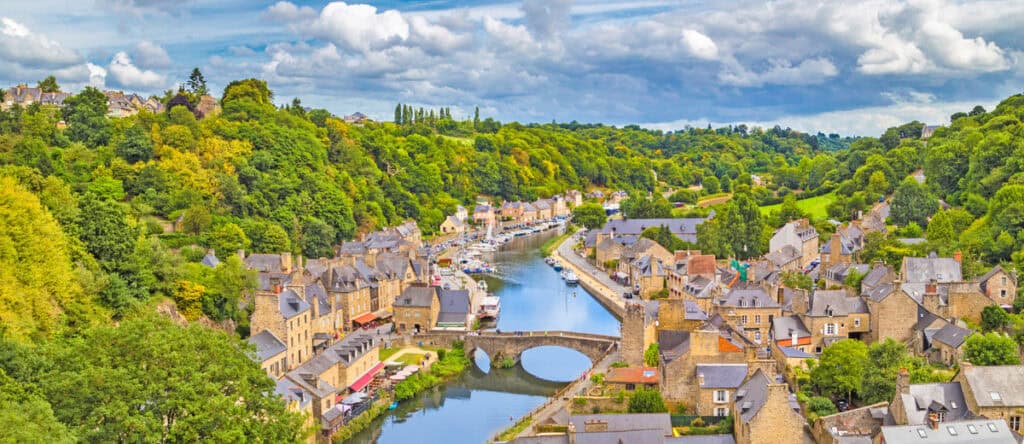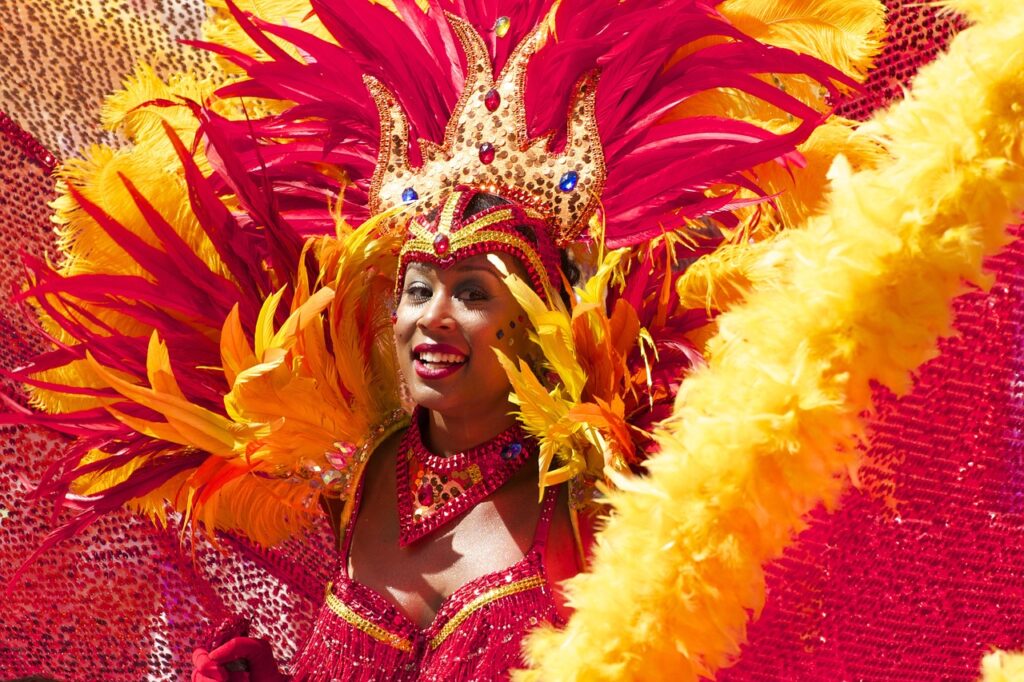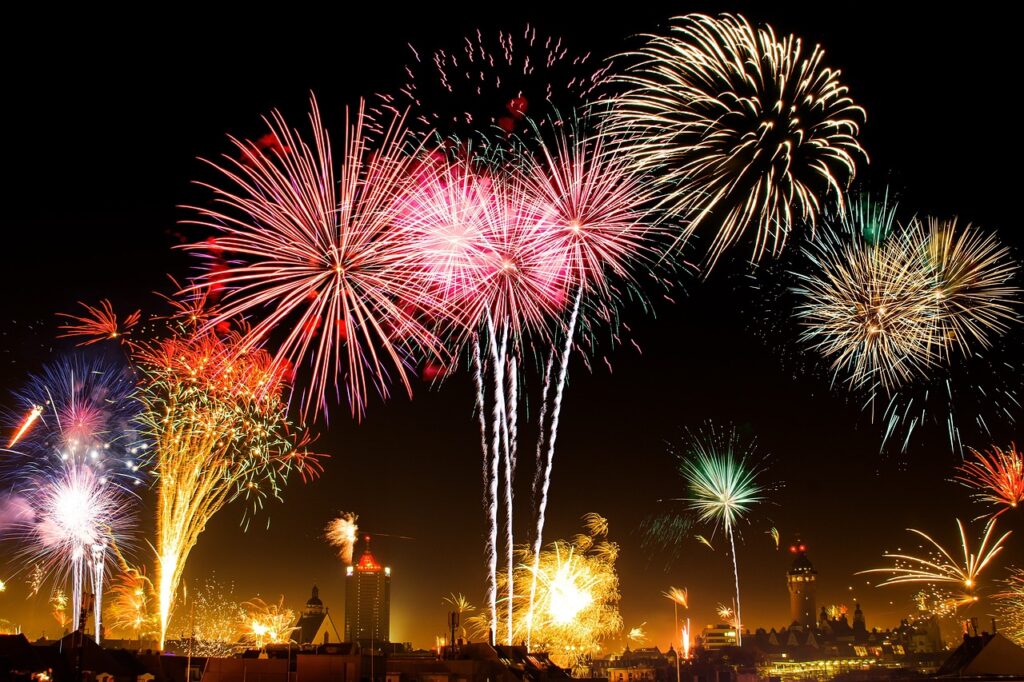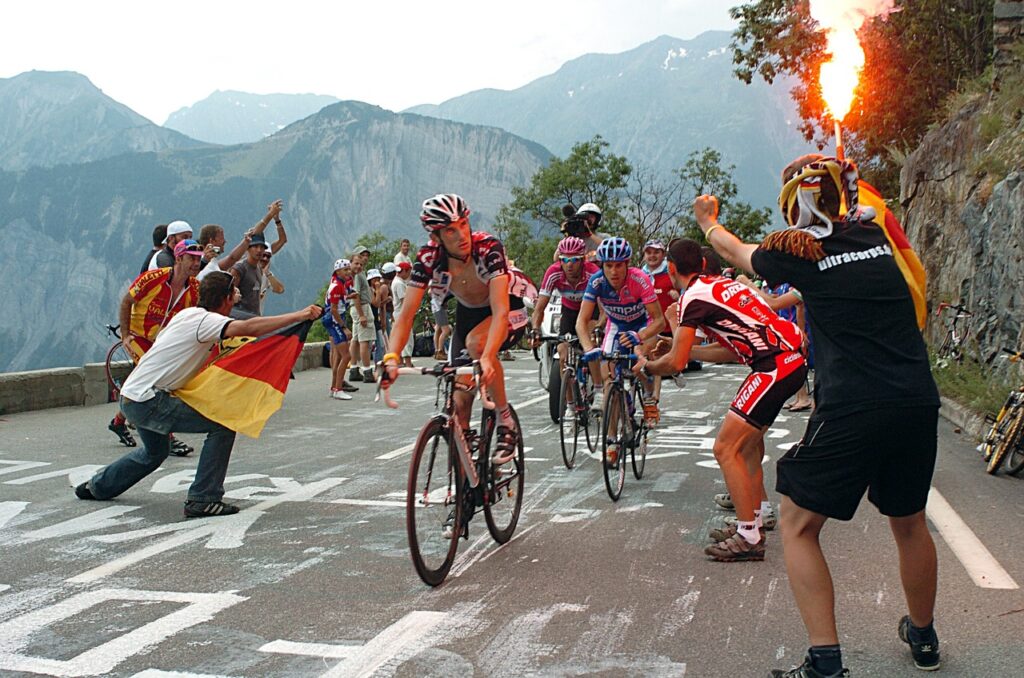Imagine strolling through elegant streets, savoring delectable pastries, and immersing yourself in the rich history and culture of France. But, before you pack your bags and embark on this dreamy adventure, it is crucial to unlock the secrets of the Best Time To Travel To France. From the idyllic spring blooms and warm summer days to the charming autumn foliage and cozy winter festivities, each season offers its own unique charm. Join us as we unriddle the mysteries and help you plan the ideal time to explore the enchanting beauty of France. Get ready to make memories that will last a lifetime. France awaits your arrival!
Best Time To Travel To France:
Seasons in France
France experiences all four seasons: spring, summer, fall, and winter. Each season has its own unique charm and offers different activities and experiences for travelers.
Spring
In spring, France comes alive with vibrant colors and blossoming flowers. The weather is mild and pleasant, making it a great time to explore the picturesque countryside. The countryside becomes a patchwork of green fields and blooming flowers, creating a picturesque backdrop for hiking, picnicking, and outdoor adventures.
Summer
Summer is the peak tourist season in France, and for good reason. The weather is warm and sunny, perfect for soaking up the sun on the beautiful beaches of the French Riviera or enjoying a picnic in one of the many parks and gardens. It’s also the ideal time for al fresco dining and boat tours along the Seine River. The days are long, allowing you to make the most of your time exploring the many attractions and landmarks France has to offer.
Fall
As summer transitions into fall, France is transformed into a golden-hued wonderland. The countryside is adorned with vibrant autumn colors, creating a picturesque setting for nature lovers and photographers. It’s a great time to visit the vineyards and indulge in wine tasting tours in regions such as Bordeaux and Burgundy. The weather is cooler, making it ideal for outdoor activities like hiking and cycling.
Winter
Winter is a magical time to visit France, especially if you’re a fan of winter sports. The French Alps offer world-class skiing and snowboarding opportunities, with numerous ski resorts catering to all levels of experience. The cities are adorned with festive decorations during the holiday season, creating a cozy and enchanting atmosphere. It’s also the perfect time to indulge in French cuisine, warming up with hearty dishes and a glass of mulled wine.
Events and Festivals
France is renowned for its rich cultural heritage and diverse events and festivals that take place throughout the year. Here are a few notable ones that you shouldn’t miss:
Carnival de Nice
The Nice Carnival (French: Carnaval de Nice) is one of the world’s major carnival events, alongside the Brazilian Carnival, Venetian Carnival, and Mardi Gras in New Orleans. It is held annually in February and sometimes early March (depending on the movable date of Carnival in the Christian calendar) in Nice on the French Riviera.
Bastille Day
Celebrated on July 14th, Bastille Day is a national holiday in France that commemorates the storming of the Bastille prison during the French Revolution. The day is marked with grand fireworks displays, parades, and cultural events across the country. It’s a great opportunity to immerse yourself in French culture and witness the patriotic spirit of the French people.
Tour de France
The Tour de France is an annual multiple-stage bicycle race primarily held in France, while also occasionally passing through nearby countries. It is the world’s most prestigious cycling competition and the one sporting event that garners the most continuous media coverage worldwide.
Weather Considerations
When planning your trip to France, it’s essential to consider the weather conditions. The climate varies across the country, so depending on your preferences and activities, certain seasons may be more suitable for your visit.
Temperature
France experiences a moderate climate overall, with warmer temperatures in the south and cooler temperatures in the north. Summers can be hot, reaching temperatures of 30°C (86°F) or higher, especially in southern regions like Provence and the French Riviera. Winters can be chilly, particularly in northern regions and the mountainous areas, with temperatures dropping to freezing or below.
Rainfall
Rainfall in France is fairly evenly distributed throughout the year, although some regions, such as Brittany and Normandy, tend to be wetter than others. Spring and fall generally see more rainfall, while summers are typically drier. It’s always a good idea to pack an umbrella or raincoat regardless of the season.
Crowds
Crowds in France vary depending on the season and popular events. Summer, especially July and August, is the peak tourist season, so expect larger crowds at popular attractions, famous landmarks, and beach destinations. Spring and fall are generally less crowded, but still offer pleasant weather and a vibrant atmosphere. Winter, except for ski resorts, tends to be quieter with fewer tourists.
Peak Tourist Season
July and August, along with the Christmas and New Year holiday period, are considered the peak tourist seasons in France. These times see an influx of visitors from around the world, resulting in higher prices for accommodations, longer queues at attractions, and more crowded streets. However, there are still plenty of ways to make the most of your trip during these busy times.
July and August
Despite the crowds, visiting France in July and August ensures pleasant weather and an abundance of activities. The beaches are bustling with life, vibrant festivals and events take place, and the long summer days allow for more exploration. Planning and booking in advance is crucial during this time to secure accommodations and attractions.
Christmas and New Year
The holiday season in France is a magical time, with sparkling lights, festive decorations, and a joyful atmosphere. Cities like Paris and Strasbourg transform into winter wonderlands, hosting traditional Christmas markets where you can shop for unique gifts and indulge in delicious seasonal treats. Ski resorts in the French Alps are also bustling with visitors eager to hit the slopes.
Shoulder Season
If you prefer to avoid the peak tourist season but still want pleasant weather and a lively atmosphere, the shoulder seasons of May to June and September to October are ideal for your trip to France. These months offer favorable conditions for outdoor activities and sightseeing, with fewer tourists and more affordable prices.
May to June
Spring is in full swing during May and June, with mild temperatures and blossoming landscapes. It’s the perfect time to explore the French countryside and visit iconic landmarks without the crowds. You can also experience the beauty of the Provence lavender fields in full bloom, creating a stunning sight and enchanting aroma.
September to October
As summer transitions into fall, September and October offer mild weather and vibrant autumn landscapes. It’s an ideal time for hiking, wine tasting, and enjoying the changing colors of the foliage. The grape harvest season begins in September, making it a great time to visit wine regions like Bordeaux and Champagne.
Low Season
If you prefer to travel when the crowds have dispersed and prices are more budget-friendly, consider visiting France during the low season. The months from November to February are generally quieter, except for the Christmas and New Year period, offering a chance to explore the country at a more leisurely pace.
November to February
Winter can be chilly in France, but it’s a wonderful time to experience the festive atmosphere, especially during the Christmas season. Cities like Paris and Lyon sparkle with lights, ice skating rinks pop up, and Christmas markets offer unique gifts and tasty treats. Ski resorts in the French Alps come alive, attracting winter sports enthusiasts.
Avoiding Crowds
If avoiding crowds is a top priority, consider visiting popular tourist destinations during weekdays or early mornings. Opting for lesser-known regions or off-the-beaten-path attractions can also provide a more secluded experience. Additionally, planning your trip during the shoulder seasons or low season will significantly reduce the number of tourists you encounter.
Considerations for Outdoor Activities
France offers a wide range of outdoor activities for nature lovers and adventure seekers. Whether you enjoy hiking in the mountains or lounging on the beach, there are plenty of options to suit your preferences.
Hiking and Outdoor Adventures
France boasts stunning natural landscapes, from the rugged beauty of the French Alps to the picturesque countryside of Provence. If you’re an avid hiker, the summer and fall months provide the best conditions for exploring the numerous trails and national parks. The French Alps offer exceptional opportunities for trekking, mountaineering, and even glacier hiking for the more experienced adventurer.
Beach and Water Activities
With its long coastline along the Mediterranean Sea and the Atlantic Ocean, France offers a plethora of beach and water activities. From the glamorous beaches of the French Riviera to the charming seaside towns of Brittany, there is something for everyone. Summer is the prime time for swimming, sunbathing, and enjoying water sports like surfing, sailing, and kayaking.
Regional Differences
France is a diverse country with distinct regional differences. Each region has its own unique culture, cuisine, and landscapes, offering a wide array of experiences for travelers.
Northern France
Northern France is known for its rich history, beautiful architecture, and charming towns. Cities like Paris, with its iconic landmarks including the Eiffel Tower and Notre-Dame Cathedral, are must-visit destinations. The region is also home to the beautiful beaches of Normandy and the charming town of Amiens with its stunning Gothic cathedral.
Southern France
Southern France, often referred to as the French Riviera or Côte d’Azur, is synonymous with glamour and luxury. The region is famous for its stunning beaches, glitzy resorts like Cannes and Saint-Tropez, and its picturesque landscapes. The charming towns of Provence, with their lavender fields and vibrant markets, offer a more relaxed and traditional side of Southern France.
Central France
Central France is often overlooked by tourists, but it offers a treasure trove of hidden gems. The Loire Valley is renowned for its fairytale-like castles and beautiful vineyards, making it a paradise for wine lovers. The city of Lyon is known for its gastronomy and is recognized as the food capital of France. The region also boasts the stunning landscapes of the Auvergne and the charming towns of Burgundy.
Budget-Friendly Travel
Traveling to France on a budget is possible, even during peak tourist seasons. By following a few tips and tricks, you can save money on accommodation, transportation, and dining.
Off-peak travel
Traveling during the shoulder seasons or low season can significantly reduce costs as prices for accommodations and flights tend to be cheaper. Additionally, traveling on weekdays or outside of major holidays can help you secure better deals.
Accommodation and transportation tips
Consider staying in budget-friendly accommodations like hostels, guesthouses, or vacation rentals instead of luxury hotels. Take advantage of public transportation options, such as buses or trains, which are generally more affordable than renting a car. Many cities also offer bike-sharing programs, allowing you to explore at a lower cost.
Personal Preferences
When planning your trip to France, it’s important to consider your personal interests and preferences to make the most of your experience.
Interest in specific events or activities
If you have a particular interest in attending certain events or activities, it’s essential to plan your trip accordingly. Research the dates and locations of festivals, sporting events, or cultural exhibitions that align with your interests. This way, you can tailor your itinerary to include these experiences.
Weather preferences
Consider your tolerance for different weather conditions and choose the season that aligns with your preferences. If you enjoy warmer temperatures and outdoor activities like swimming and sunbathing, summer is the ideal time. If you prefer milder weather for hiking or exploring cities without the heat, spring and fall are suitable options.
In conclusion, France offers a wide range of experiences throughout the seasons. Whether you prefer a beach holiday in the summer, a cozy winter getaway, or exploring vibrant festivals, there is something for everyone. Consider the weather, crowds, and your personal preferences when planning your trip to unlock the secrets of the perfect time to travel to France. Bon voyage!




